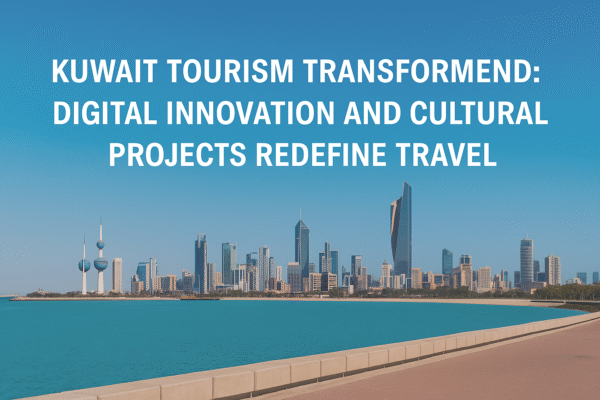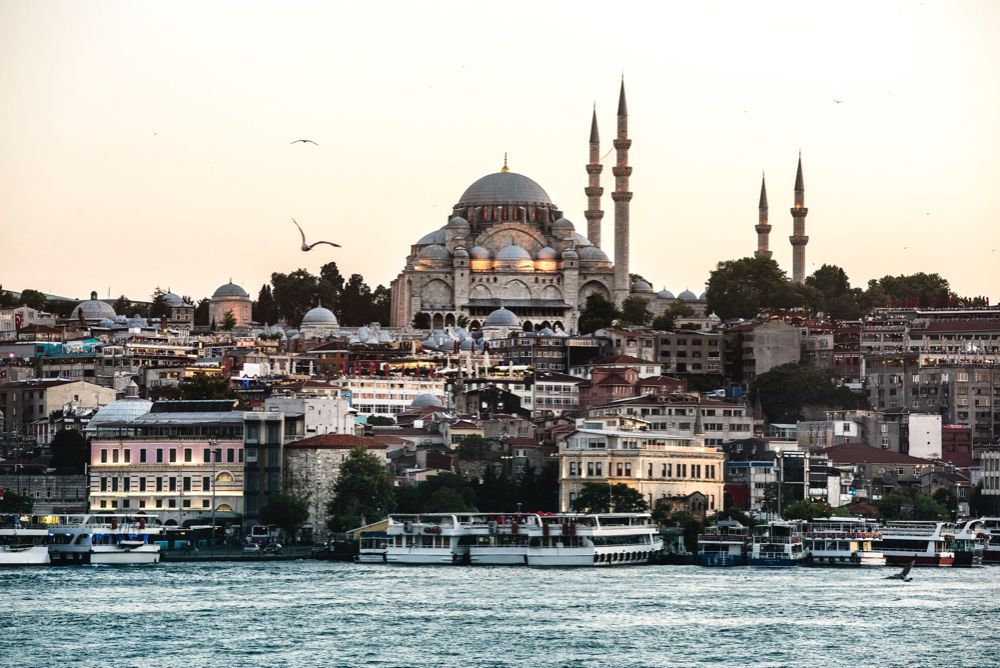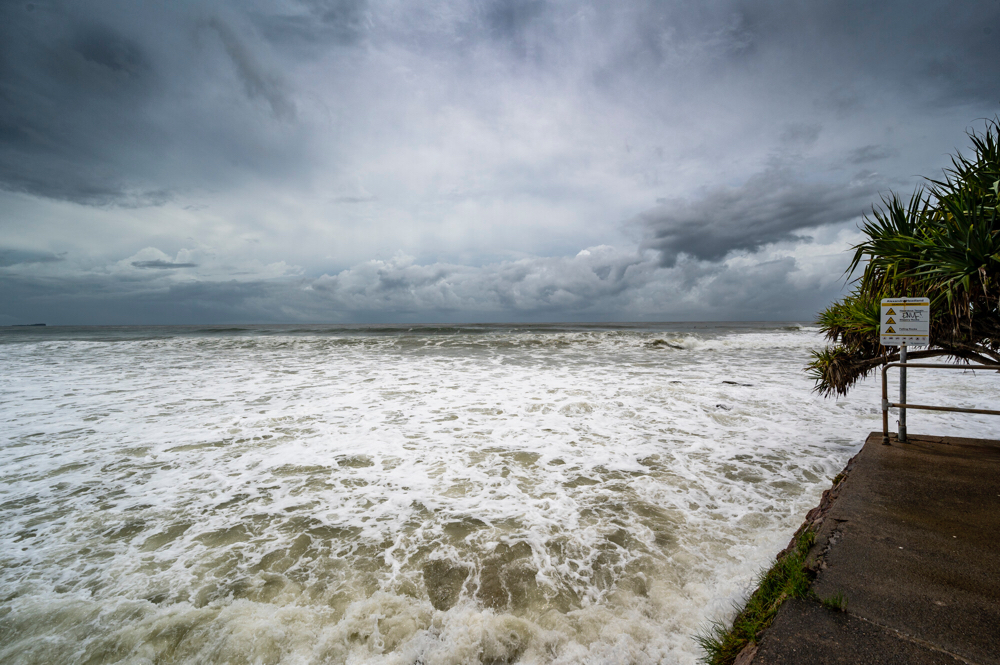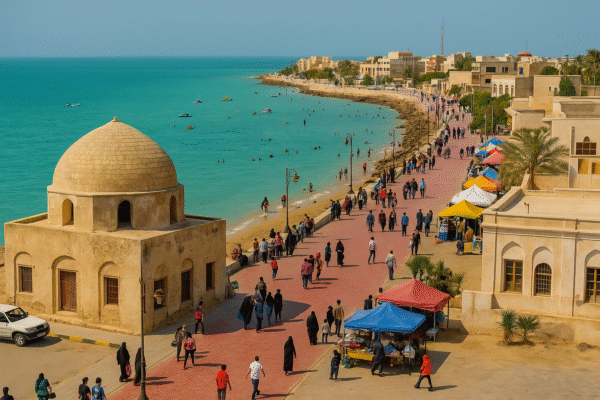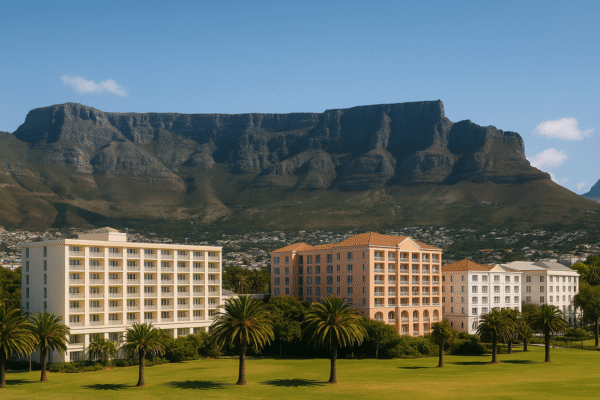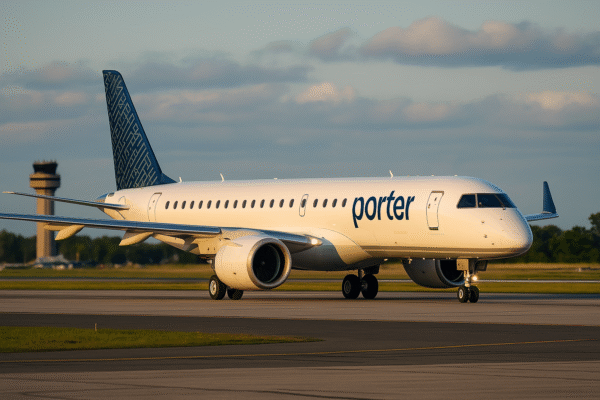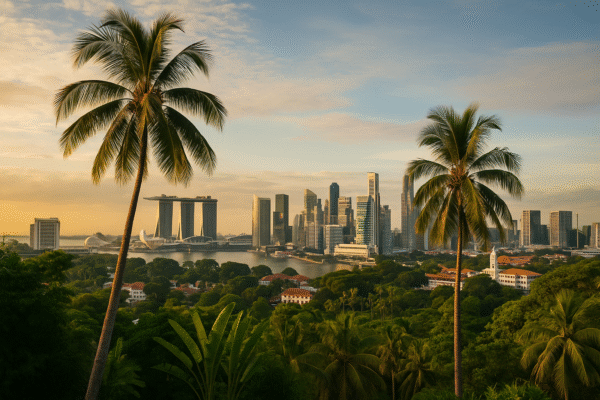📍Southeast Asia Bolsters Media Ecosystems, Infrastructure, and Regional Tourism Amid Rising Misinformation Threats and Economic Pressures
In response to growing concerns about misinformation, infrastructure gaps, and economic uncertainty, Southeast Asian nations are implementing robust measures to safeguard public trust and promote regional stability. Indonesia, Myanmar, Singapore, Thailand, and Vietnam have each launched targeted national initiatives in 2025—ranging from enhanced media resilience and religious infrastructure development to e-commerce regulations and tourism incentives.
🇮🇩 Indonesia Targets Misinformation and Corruption While Modernizing Media
Indonesia is ramping up efforts to tackle misinformation by investing in media literacy campaigns and expanding digital infrastructure nationwide. According to the Indonesian Ministry of Communication and Information Technology, new fact-checking platforms and partnerships with civil society groups are being launched to educate the public and prevent the spread of fake news.
However, the country faces a parallel crisis as authorities investigate a corruption scandal involving Pertamina, the state-owned oil and gas company. Allegations surrounding fuel import irregularities by Pertamina subsidiaries have sparked financial concerns, prompting the National Audit Board (BPK) to initiate a full probe into billions of rupiah in potential losses.
Despite these challenges, Indonesia remains focused on transparent governance and resilient media ecosystems to ensure national stability ahead of the 2025 regional elections.
🇲🇲 Myanmar Combats Climate Risks with Reforestation Amid Flood Warnings
Myanmar has taken a proactive environmental stance by launching an extensive tree-planting initiative across 29 dry-zone townships, including Sagaing, Magway, and Mandalay. The Ministry of Natural Resources and Environmental Conservation confirmed that more than 3 million trees will be planted during the 2025 monsoon season to fight soil degradation, reduce carbon emissions, and enhance land use sustainability.
Simultaneously, Myanmar faces severe flood threats due to torrential rainfall. The Department of Meteorology and Hydrology has issued flood alerts along the Chindwin River, a key tributary of the Irrawaddy River. Communities in downstream areas have been advised to prepare for potential evacuation as water levels near critical thresholds.
These dual efforts reflect Myanmar’s balancing act between ecological resilience and urgent disaster preparedness in the face of worsening climate patterns.
🇸🇬 Singapore Prioritizes Religious Infrastructure and Media Credibility
Singapore is reinforcing its infrastructure renewal efforts with the upcoming SGD 14 million (approx. USD 10.3 million) redevelopment of the Darussalam Mosque in September 2025. The Islamic Religious Council of Singapore (MUIS) reports that the 37-year-old mosque will receive upgrades to improve accessibility, expand prayer space, and integrate community facilities. A new mosque development is also planned along Forest Drive to meet the religious and cultural needs of Singapore’s growing Muslim population.
In tandem, Singapore is also elevating its media credibility to fight digital misinformation. The Infocomm Media Development Authority (IMDA) has rolled out campaigns promoting responsible content sharing and introduced tighter regulations for social media platforms and online forums to prevent the spread of unverified news.
🇹🇭 Thailand Battles Economic Slump and Tourism Shortfalls
Thailand’s domestic tourism efforts have met with limited success. The government’s subsidy scheme, designed to encourage local travel through discounted accommodations and travel packages, has registered 1.58 million users—far below expectations. Economic headwinds and declining consumer spending have dampened enthusiasm for travel, highlighting the need for broader stimulus strategies.
Meanwhile, Thai authorities have cracked down on transnational crime by targeting an online casino kingpin operating fraud networks from Cambodia. The move has drawn attention to the Thai government’s ongoing battle against border crimes and online scams, especially as regional political shifts in Cambodia unfold.
Thailand’s tourism and law enforcement strategies continue to evolve as the government grapples with economic challenges and cross-border criminal threats.
🇻🇳 Vietnam Advances Trade and Regulates E-Commerce for Safer Consumer Markets
Vietnam is reinforcing regional economic ties through the upcoming Vietnam–Cambodia Business Networking Conference, set for July 15, 2025, in Ho Chi Minh City. Over 200 businesses from both countries will convene to explore distribution partnerships, cross-border trade channels, and joint ventures. The Vietnam Chamber of Commerce and Industry (VCCI) stated the event will serve as a strategic opportunity to strengthen bilateral economic cooperation under the ASEAN framework.
In the digital space, Vietnam will enforce its new e-commerce law beginning January 1, 2025. The law mandates that all products sold online must undergo a quality certification process and be classified into three risk categories—low, medium, or high. The Ministry of Industry and Trade emphasizes that this regulatory overhaul will protect online consumers and raise product standards across Vietnam’s booming digital economy.
🌏 Regional Media Collaboration: A Collective Southeast Asian Response
In light of increasing digital threats and misinformation, ASEAN countries are working toward shared media resilience goals. These include the development of cross-border information networks, collaborative fact-checking coalitions, and digital literacy programs targeting youth populations.
This regional cooperation is critical as governments realize that misinformation not only undermines public trust but also threatens tourism growth, investment opportunities, and political stability. The shared vision among Indonesia, Myanmar, Singapore, Thailand, and Vietnam signals a new era of information governance and cross-sector accountability in Southeast Asia.
For more travel news like this, keep reading Global Travel Wire


